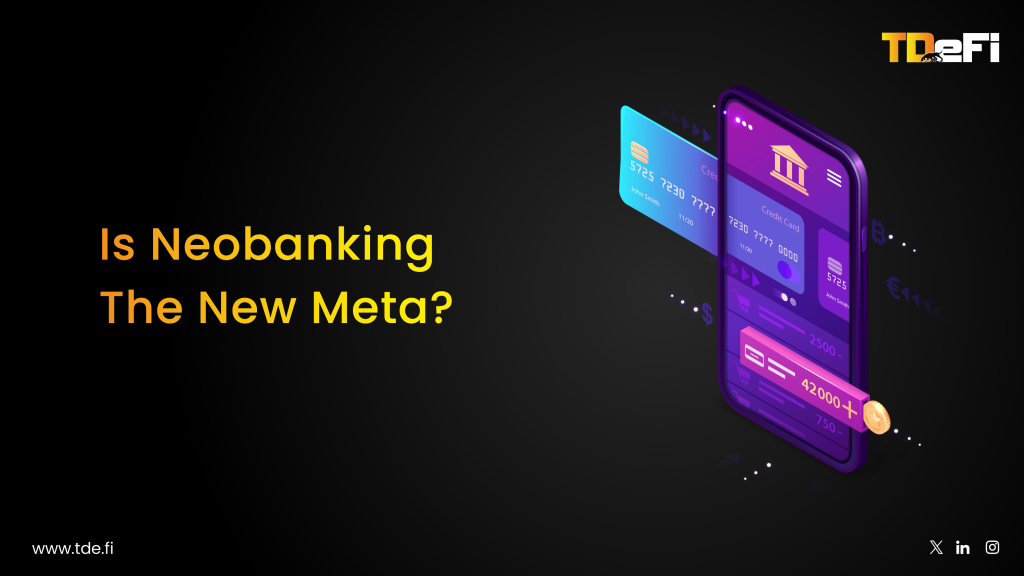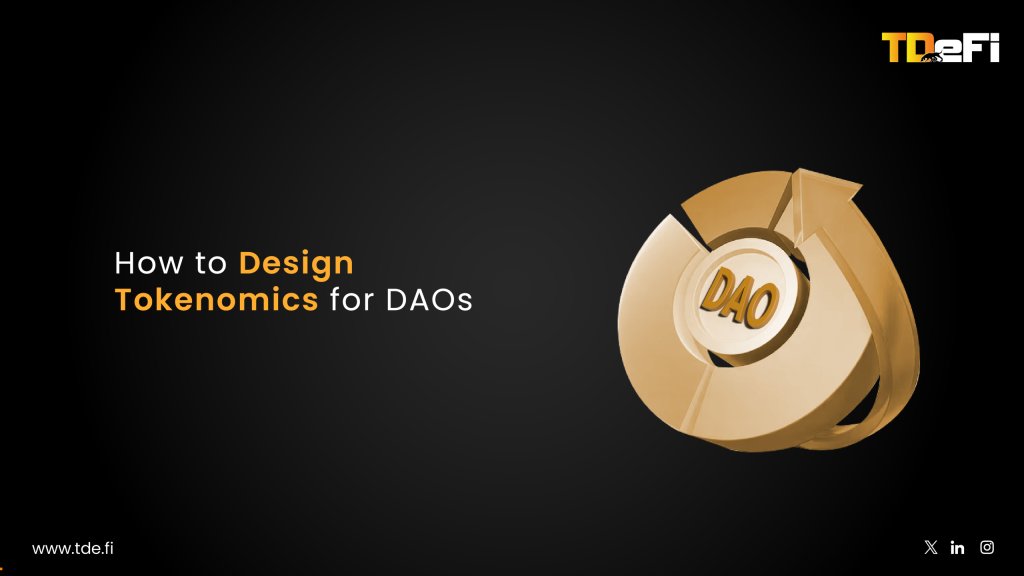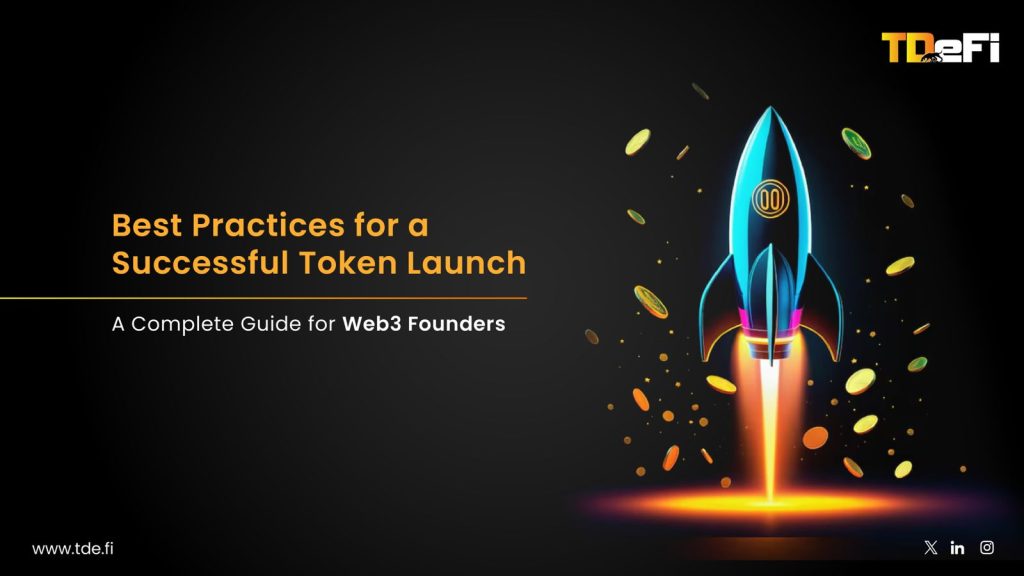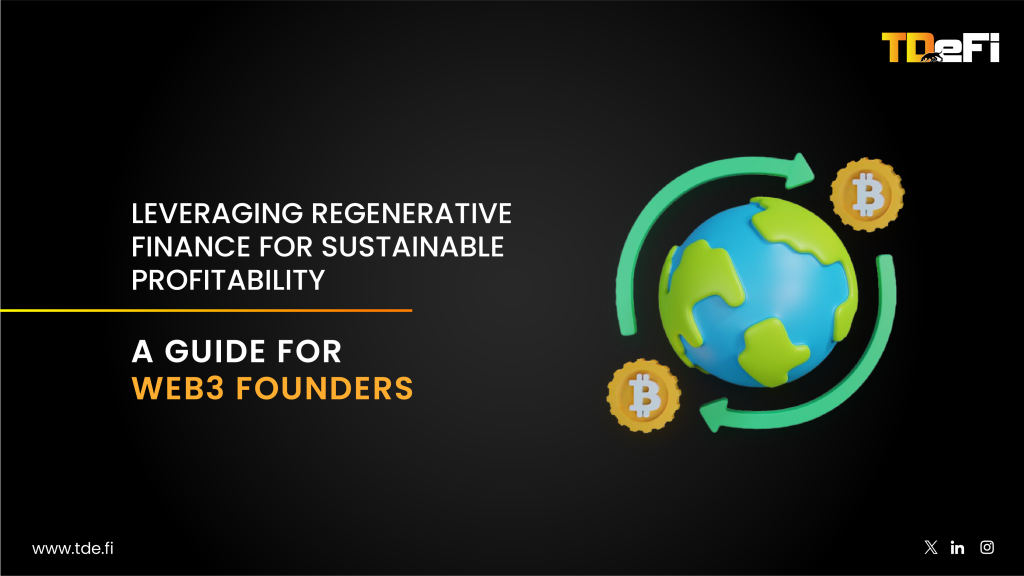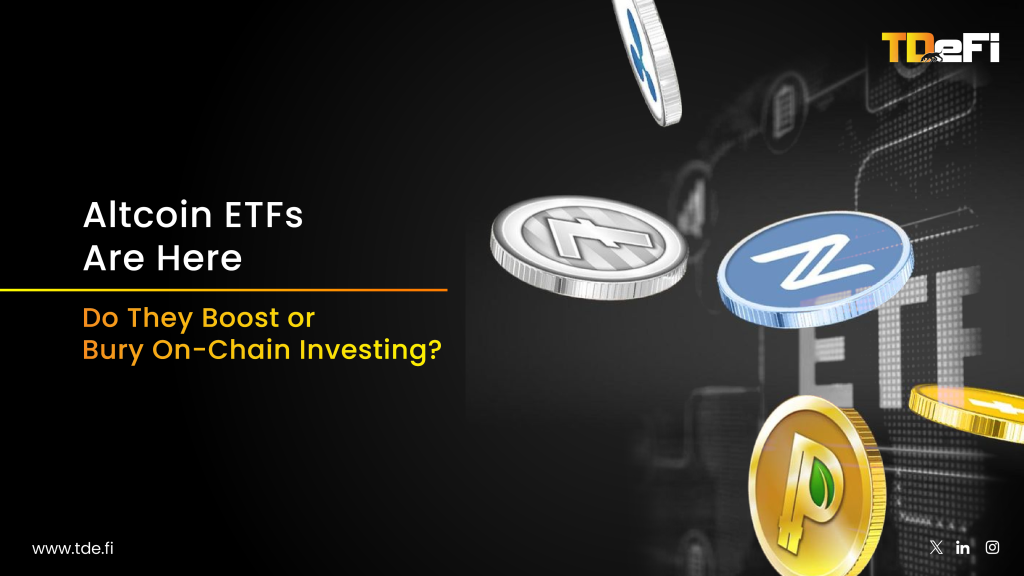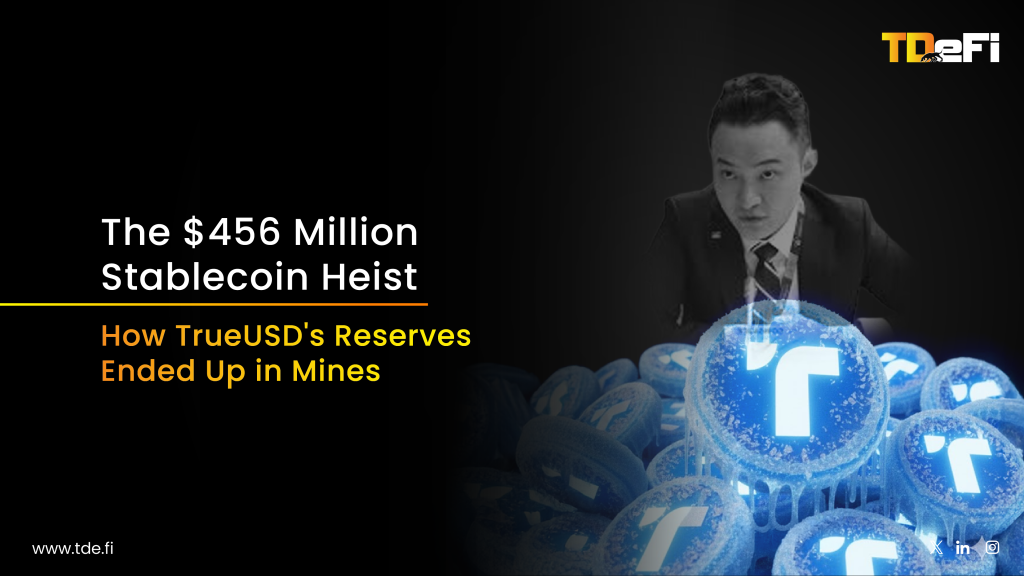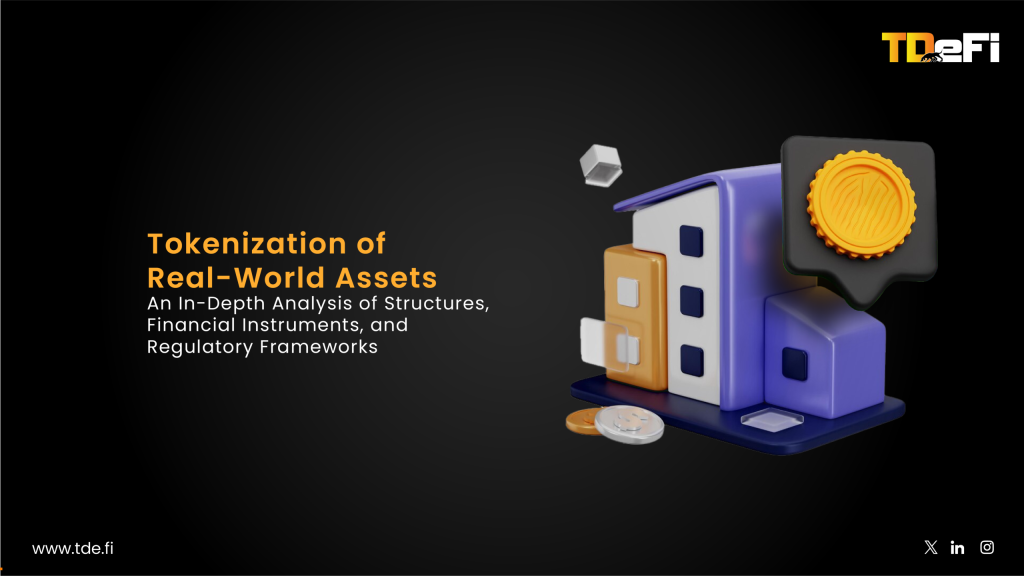You Don’t Need a Fundraise, You Need a Hackathon
If you’re staring down the barrel of a shorter runway, a thinner talent pipeline, or a fundraising market that feels allergic to early-stage risk, you’re not alone. But before you spend the next three months reworking your pitch deck or chasing elusive intros, ask yourself a better question: Have you hacked your startup yet?
For Web3 founders, hackathons aren’t side events, they’re strategic inflection points. Done right, they are the cheapest, fastest, and most honest way to validate product ideas, find co-builders, test GTM messaging, and even attract investors who care more about working code than working decks.
In a space where time-to-network matters as much as time-to-market, hackathons compress learning, connections, and credibility into a 72-hour window.
Where Talent Finds You, Not the Other Way Around
The old hiring model is built for stability. Web3 hiring demands velocity. You don’t need a perfect resume, you need provable execution. And nothing proves it faster than a hackathon.
In traditional hiring, founders pitch roles and filter resumes. In hackathons, talent self-selects by showing up, solving real problems, and often doing more in a weekend than some hires do in a quarter.
What you’re witnessing isn’t just code, it’s compatibility. Who pairs well? Who owns outcomes? Who writes with your stack, not just in it? Many of the strongest teams behind protocols like Lens, Push Protocol, and even parts of Ethereum tooling found each other in a hackathon. Its co-founder is dating at protocol speed.
From Code to Capital: Why Investors Hunt in Hackathons
Early-stage VCs have a problem: they’re drowning in pitch decks but starved for conviction. That’s why the smartest investors don’t wait for Demo Day. They embed in hackathons.
A functioning MVP in a hackathon says more than three months of vanity metrics. For investors, it’s a sneak peek into founder dynamics, builder cadence, and how you solve under pressure.
Hackathons give investors first dibs on conviction plays. If your product clicks, your team gels, and your execution speaks louder than your pitch, odds are, someone watching will slide into your DMs.
This is exactly how Seed Club, Protocol Labs, and many early-stage DAOs spot their top cohorts. The alpha isn’t on Twitter. It’s on GitHub.
ETHGlobal, Solana, Chainlink; The New Y Combinators?
Some of the highest signal hackathons now operate more like micro-accelerators. ETHGlobal runs curated tracks with mentor access, ecosystem grants, and a warm intro list longer than most accelerators. Solana Hacker Houses combine intense IRL collaboration with follow-on funding and job offers. Chainlink offers bounties that serve as real-world pilot projects with enterprise-grade partners.
These events are no longer about “winning.” They’re about shipping in public, being seen by the right eyes, and building networks that compound.
How to Engineer Growth with Minimal Capital Expenditure
There’s a myth that startups need funding to start. But in Web3, startups often start to get funding. Hackathons flip the script by enabling you to:
- Test narrative-market fit: Do developers care? Does the community get it? You’ll find out in hours, not months.
- Get non-dilutive capital: Prize pools, bounties, and follow-on grants can extend your runway without selling equity.
- Recruit contributors: Many freelancers and protocol-native talent scout projects via hackathons. They’re not asking for jobs, they’re asking where they can ship.
You’re not just saving capital, you’re allocating it with leverage. In a market where capital is cautious and communities are the real moat, hackathons offer growth without burn.
The Founder Who Hacks, Wins
Web3 doesn’t reward perfection. It rewards presence. Hackathons are where you show up, ship fast, and prove traction before you even ask for attention.
So if you’re early-stage and stuck? Don’t wait for a bull market. Don’t wait for warm intros. Hack your way forward.
Because in Web3, your next co-founder, community, or capital partner is probably at the next hackathon, waiting for someone like you to show up.
If you need help with hosting a hackathon for your project, you can contact us at [email protected]




